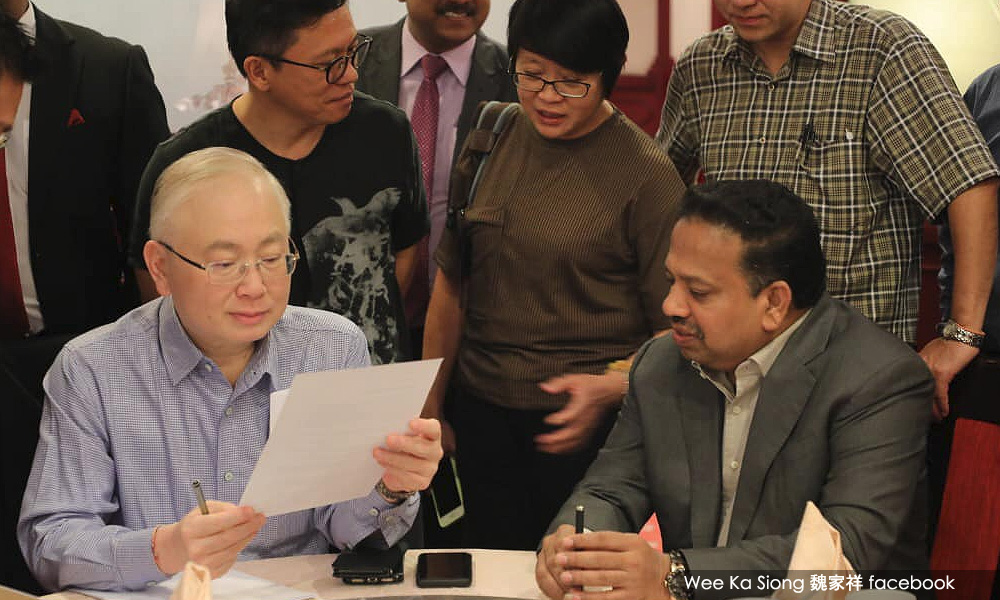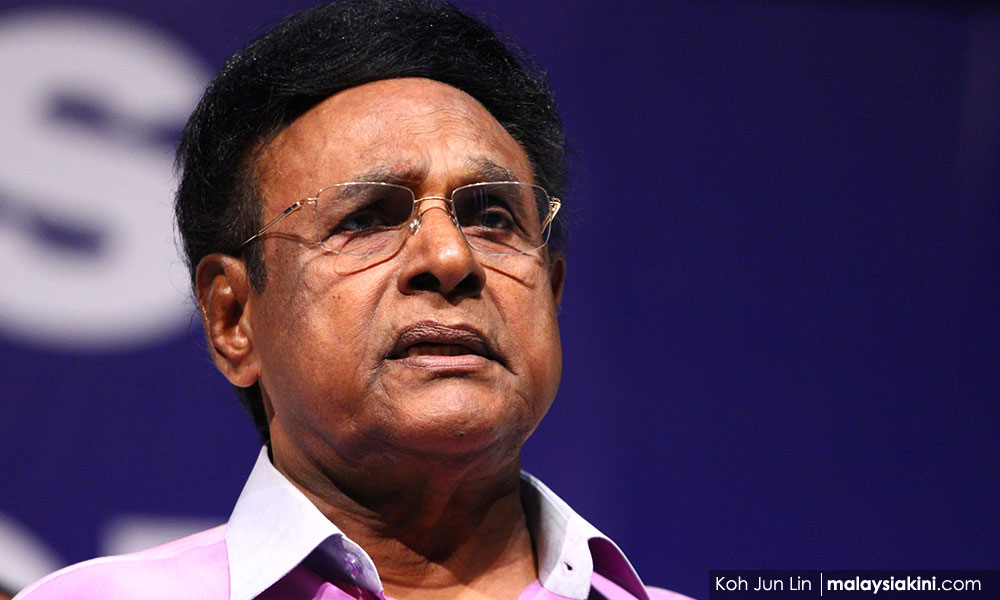
Published by Malaysiakini & Astro Awani, images from Malaysiakini.
When a country can go through three consecutive general election tsunami, once in 2008, then again in 2013 and finally in 2018, it means parties are irrelevant – until they are made relevant by the people.
Thus Pakatan Harapan emerged anew. Yet, new as it may be, it was the people who empowered it. And, if Harapan does not deliver on its manifesto, or at least attempt to stick to the spirit, the people will send the elected representatives packing.
Whether Cameron Highlands or Semenyih, the people have shown that they are “the Boss”. We can break it down as the return of “Ketuanan Melayu” in some misogynistic form, where a macho Umno tries to get close and chummy with an equally masculine PAS – but the truth of the matter is the return of “Ketuanan Rakyat” (People’s Power).
None was shown more powerfully than in the run-up to the May 9, 2018, general election.
But the spirit of Merdeka does not mean a mere departure from the clutches of the British colonial masters. It also means any attempt to supplant the power of the people will be confronted, head on.
The Malayan Communist Party (MCP) was defeated, not merely with the winning of the hearts and minds of the people, but with a frontal assault on the MCP deep in their jungle holdouts, too.
When the recent by-election in Semenyih could see a turnout of 74 percent, just 10 percent short of the general election, it means that the people are serious in making their voices heard.
Putrajaya does hear them. This is precisely why the government wants to improve its Key Performance Indicators and cabinet performance as soon as possible; without which Pakatan Harapan would be staring at the precipice of every by-election defeat from now until 2023.
The power of the people
But the power of the people goes beyond the five rallies of Bersih. Even prior to the formation of the Malayan Union in 1948, Malays have become accustomed to “hartal” (economic boycott), the peaceful movement to overthrow the British administration head-on, invariably, without bloodshed.
In other words, be it well before 1957, or, after, Malaysians have become well acquainted with democracy.
Sabah and Sarawak, for example, were the first to abandon the BN en masse in 2018, despite Sarawak electing the same BN to form the state government with a total victory of 72 state seats in 2015.
Such “swings” do not represent fickle voters (to lurch to the right or left) but the major dissatisfaction with every single government that does not perform.
Thus it is wrong for Nathaniel Tan to argue that MCA and MIC will hold the future of the country in their hands. To the degree both parties cannot perform, there is no reason why they can control the fate of Malaysia, all of a sudden.

MCA and MIC are old names. But they are trapped in a new game, which they don’t know how to transition as well. MCA and MIC both are unable to generate any digital or social media footprint at all.
This leads to the issue of MCA and MIC being flawed partners to BN. How?
They will cripple one another’s internal base instantly. MCA will be seen as the party that cannot separate itself from Umno. “Malu Apa, Bossku?” – which is a shame to MCA members – would be co-owned by them.
MIC, too, has officials who are under the heavy odour of corruption, going back to S Samy Vellu (photo, above).
If MIC could not even claim Cameron Highlands as a seat with which it could re-defend in the recent by-election, it only shows the extent to which MIC is distrusted, other than its reputation as a party closely connected to seedy gangs in Malaysia.
Having kicked out a kleptocracy, with immense courage, there is no way a mere rampart like MIC and MCA can be the future Kingmaker, especially when neither one of them have had that exclusive privilege before.
Dr. Rais Hussin is President & CEO of EMIR Research, an independent think tank focused on strategic policy recommendations based on rigorous research.

